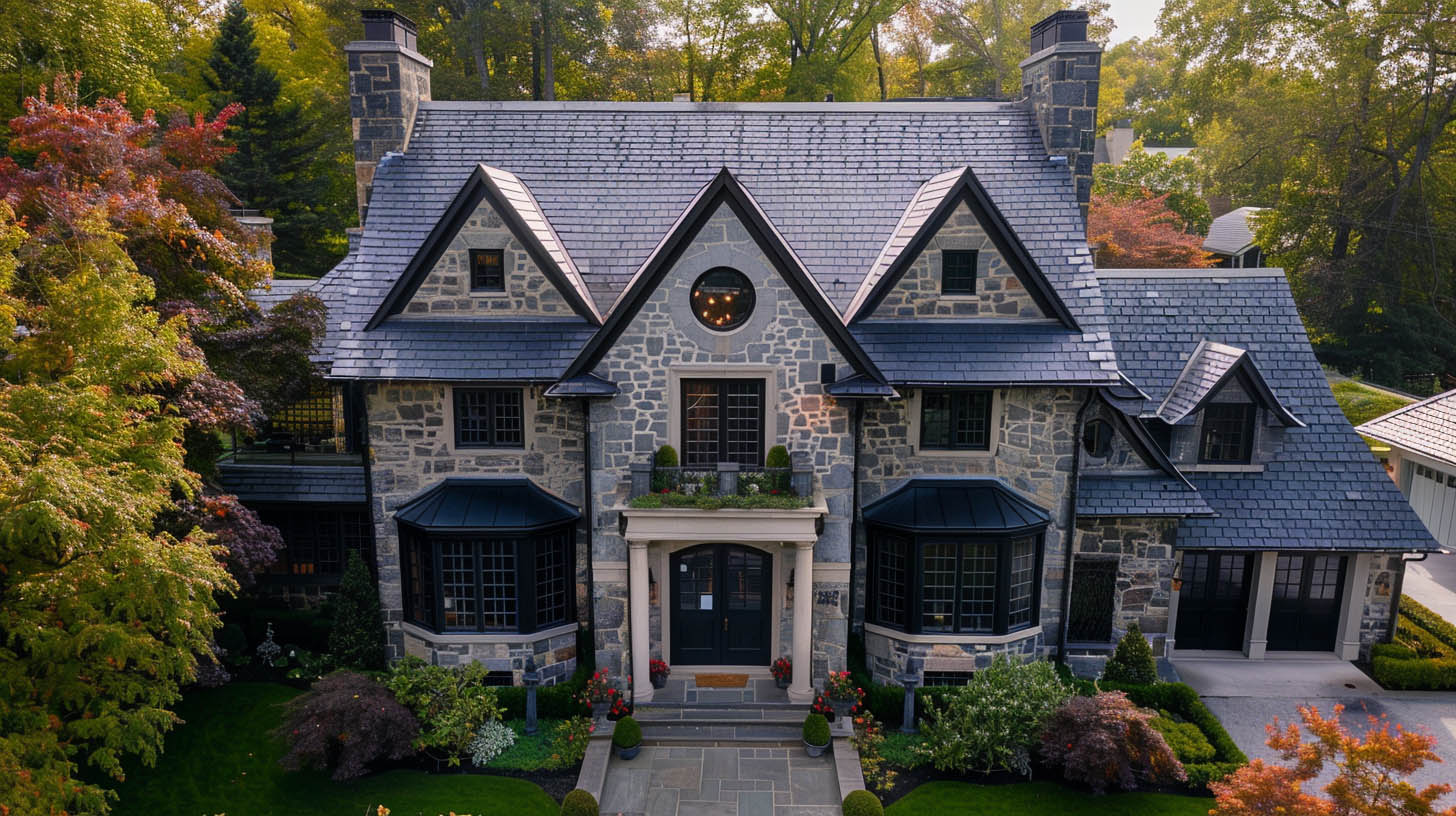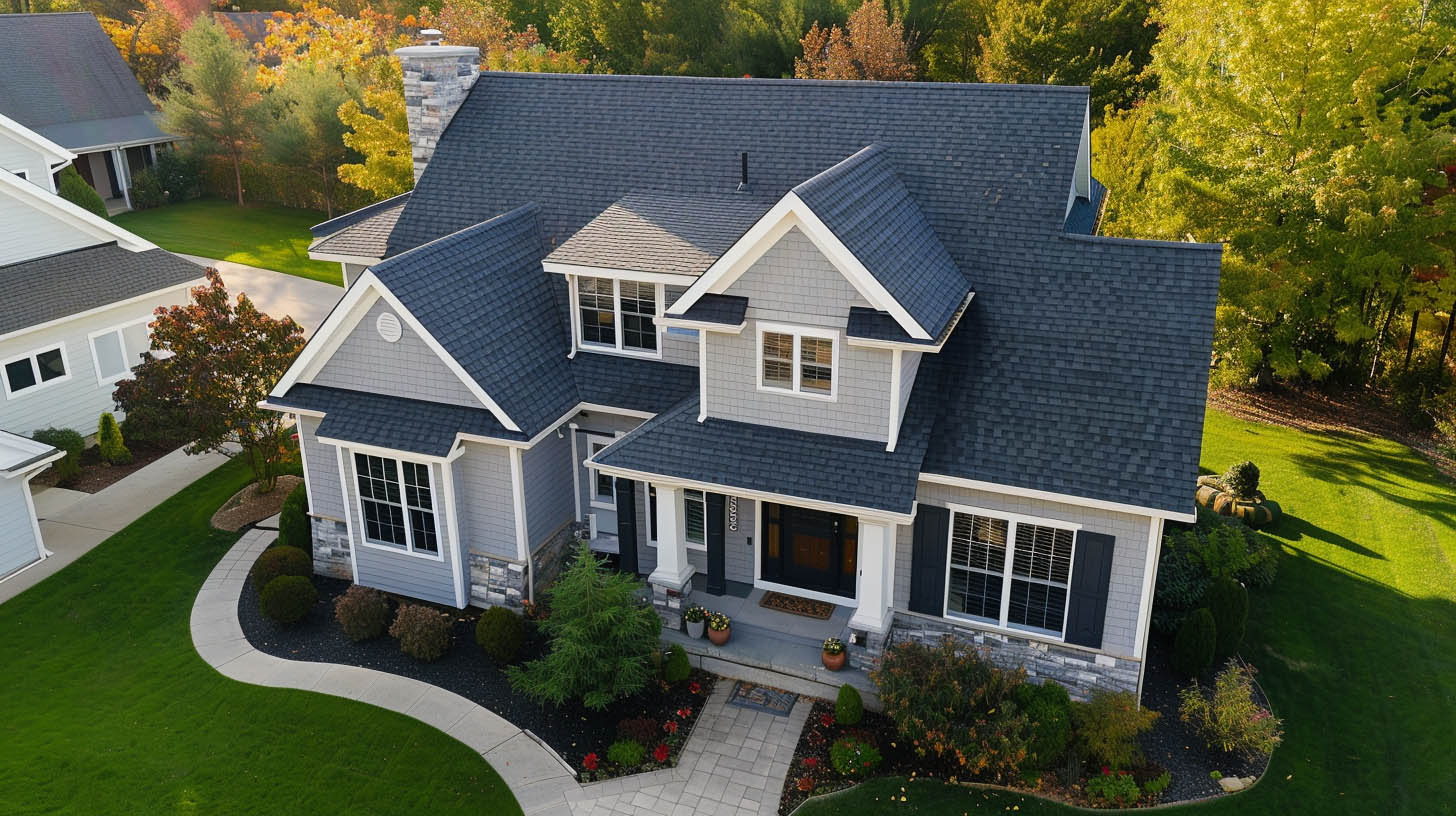
Understanding the Need for Roof Replacement Permits
The Role of Permits in Roof Replacement
Permits are not bureaucratic hurdles but safeguards that ensure roof replacements meet stringent safety and building code standards. These regulations are designed to protect homeowners, their families, and their investments, ensuring that all roofing work adheres to the highest quality and safety standards.Benefits of Securing a Permit
- Quality Assurance: Permits guarantee that roofing projects are executed according to state-specific safety standards, giving homeowners confidence in the durability and safety of their new roofs.
- Liability and Protection: In the event of accidents or structural issues, having a permit can shield homeowners from legal and financial liabilities.
- Enhanced Home Value: A documented permit signals to future buyers that the roof replacement was performed to code, potentially raising your home’s market value.
When Do You Need a Permit for Roof Replacement?
The need for a permit hinges on the scope of your roofing project. Here are situations when a permit is typically necessary:- Complete Roof Overhaul: A total replacement often requires a permit due to the significant structural alterations involved.
- Structural Changes: Any modification to the roof’s framework, including changes to trusses or rafters, necessitates a permit to ensure these alterations are safely executed.
- Material Modifications: Switching to a roofing material different from what was previously used may require a permit, especially if the new material has specific installation requirements or affects the building’s structural integrity.


